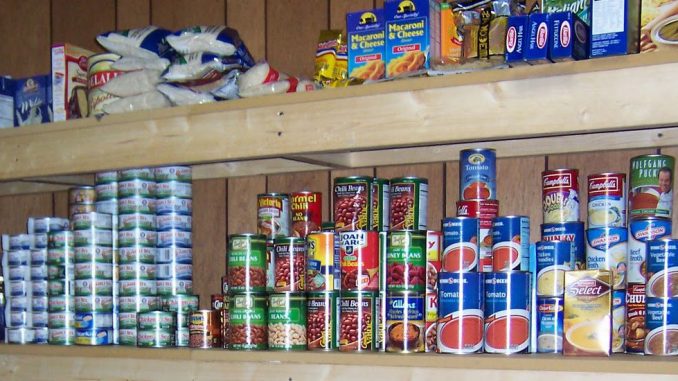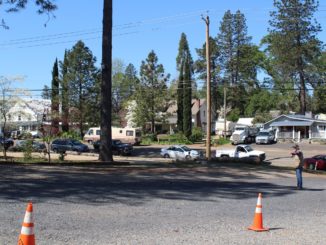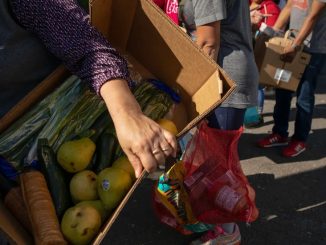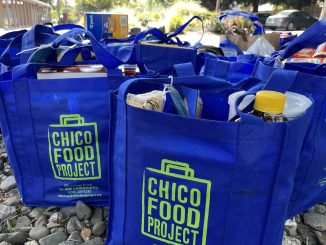
Considering the financial burdens stemming from inflation, we can’t help but worry about the welfare of North State residents.
In May alone, consumer prices shot up a full percentage point, marking an overall 8.6 increase compared with the prior year. That’s the largest year-over-year rise since 1981, one of many measures experts warn may indicate a looming recession.
Everything from electronics to vehicles has increased—though, costing nearly double what it did this time last year, gasoline appears to be the most talked-about category. In addition to fuel, everyday necessities of rent and food have risen sharply, at 5.5 percent and 10.1 percent, respectively.
That’s a huge problem for a region whose chronically high poverty rate—17.3 percent in Butte County, according to the latest U.S. Census—is 6 percent higher than the national average.
All of this is to say, we’re concerned about what lies ahead. Historically low-paying jobs, lack of affordable housing and natural disasters have created the perfect storm for economic turmoil.
Food insecurity is one result. According to Feeding America, based on data compiled prior to the pandemic and current inflation woes, the county’s food insecurity rate, at 14.4 percent, was 31 percent higher than the national average. The rate for children was even higher, at nearly 19 percent.
One of the saving graces for school-age children during the pandemic has been the federal school meal waiver program, which expanded free public school lunches to all children nationwide, regardless of household income. Shamefully, it goes away at the end of this month due to congressional antipathy. Fortunately, in response, California has created its own universal meals program, picking up at the start of the upcoming school year.
Still, gaps remain. No doubt, local families will struggle to put food on the table. That’s why we are encouraging our readers with means to give to local organizations that help their neighbors, and there’s one that stands out in our minds because it makes it easy to make a difference.
It’s the Chico Food Project (chicofoodproject.org), an organization that collects shelf-stable foods from local households. Participants simply place nonperishable foods in the nonprofit’s signature blue bags—one, two or however many is doable—and place them on their porches on the designated day. Volunteers pick them up every two months and deliver them to numerous helper organizations, including the Chico Community Food Locker, Chico Housing Action Team, Hungry Wildcat Food Pantry and Vectors for Veterans.
It’s that simple, yet so crucial to locals in need. And, soon enough, perhaps more so than ever.




Be the first to comment